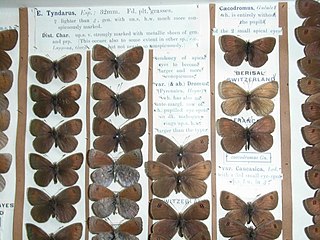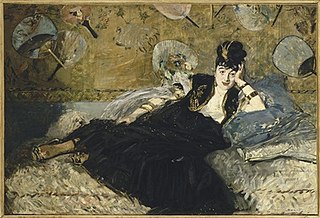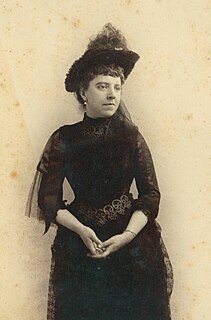The Peace of Callias is a purported treaty established around 449 BC between the Delian League and Persia, ending the Greco-Persian Wars. The peace was agreed as the first compromise treaty between Achaemenid Persia and a Greek city.
Callias was an Ancient Greek statesman, soldier and diplomat, active in 5th century BC. He is commonly known as Callias II to distinguish him from his grandfather, Callias I, and from his grandson, Callias III, who apparently squandered the family's fortune.
Hipponicus was an Athenian military commander. He was the son of Callias II and the father of Callias III. His daughter Hipparete was the wife of Alcibiades. Together with Eurymedon he commanded the Athenian forces in the incursion into Boeotian territory and was slain at the Battle of Delium (424).
Callias was an ancient Athenian aristocrat and political figure. He was the son of Hipponicus and the daughter of Megacles, an Alcmaeonid and the third member of one of the most distinguished Athenian families to bear the name of Callias. He was regarded as infamous for his extravagance and profligacy.
Callias of Chalcis, son of Mnesarchus, together with his brother Taurosthenes, succeeded his father as tyrants of Chalcis. Callias formed an alliance with Philip of Macedon against Plutarch, tyrant of Eretria, with the view of extending his authority over the whole of Euboea, a design which, according to Aeschines, he disguised as a plan for uniting in one league the states of the island and establishing a general Euboean congress based at Chalcis.

Charlie Callas was an American comedian and actor most commonly known for his work with Mel Brooks, Jerry Lewis, and Dean Martin, and his many stand-up appearances on television talk shows in the 1970s. He was also known for his role as Malcolm Argos, the restaurant owner and former con man, on the Eddie Albert and Robert Wagner television series Switch (1975–1978). Callas was also known as the voice of Elliott the dragon in Disney's live-action/animated musical film Pete's Dragon (1977).
Hipparete was the daughter of Hipponicus III, a wealthy Athenian. She was married c. 424 BC or earlier to the prominent Athenian statesman and general Alcibiades.

There are different kinds of fictional Giants appearing in American comic books published by Marvel Comics. The most popular of the Giants are the Giants of Jotunheim, a fictional race of people based on the giants of actual Norse legends.
Callias, sometimes called by the nickname Schoenion (Σχοινίων), was a poet of the Old Comedy, not to be confused with the three Athenian aristocrats named Callias, the last of which, Callias III, appears in Plato's Protagoras.
Hermogenes was an ancient Athenian philosopher best remembered as a close friend of Socrates as depicted by Plato and Xenophon.
Callias was the head of a wealthy Athenian family.

The brassy ringlets are a species group of ringlet butterflies in the genus Erebia. Though closely related, their monophyly is not completely resolved. Still, the brassy ringlets are taxa similar to E. tyndarus – the Swiss brassy ringlet –, and in many cases certainly close relatives. A notable trait of their genus is an ability to adapt well to cold and somewhat arid habitat, like taiga or regions with alpine climate. Optimal habitat in Eurasia, where most of the brassy ringlets are found, therefore occurs in two distinct belts – in the very north of the continent and in the Alpide belt – in interglacials, and in glacials in one periglacialic belt at lower altitude, in places interrupted by dry wasteland and deserts.

Anne-Marie Gaillard, known as Nina de Villard de Callias, Nina de Callias or Nina de Villard, was a French writer and poet.

Erebia callias, the Colorado alpine, is a member of the Satyridae subfamily of the Nymphalidae butterflies. It is found in alpine areas of Wyoming and Colorado in the U.S. Rocky Mountains as well as various mountain ranges in eastern Asia.
Callia albicornis is a species of longhorn beetle in the tribe Calliini in the genus Callia, discovered by Bates in 1885.
Callia bicolor is a species of beetle in the family Cerambycidae. It was described by Breuning in 1960. It is known from French Guiana.
Hydroptila callia is a species in the family Hydroptilidae ("microcaddisflies"), in the order Trichoptera ("caddisflies"). Hydroptila callia is found in North America.

Nancy Fish Barnum Callias D'Orengiani, Baroness was an English socialite who was the second wife of P. T. Barnum. The daughter of a successful English cotton mill owner, she started a relationship with Barnum, who was 40 years her senior. After the death of Barnum's first wife in 1873, they married the following year in both London and New York City. After his death in 1891, Barnum left Fish a large annuity, making her a wealthy widow.






